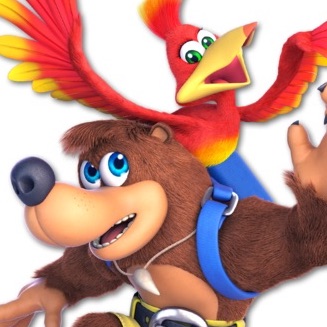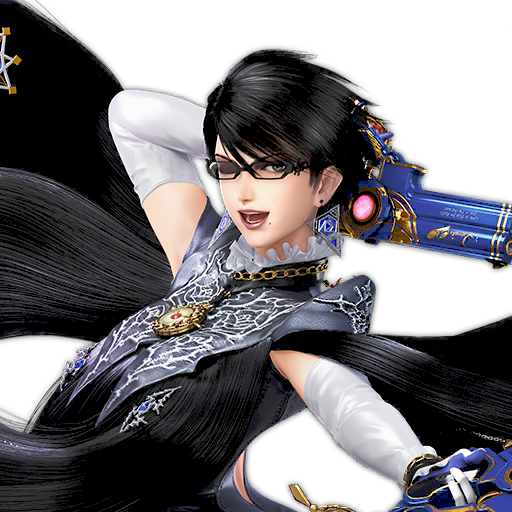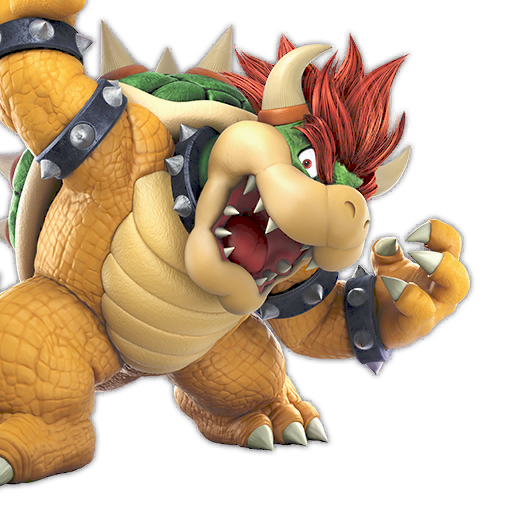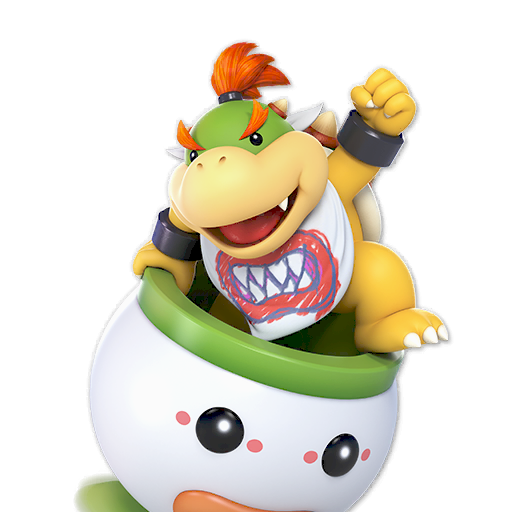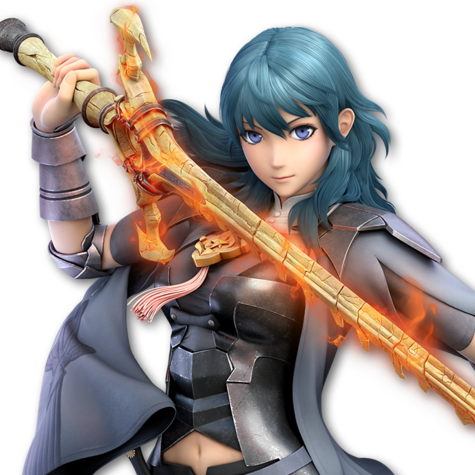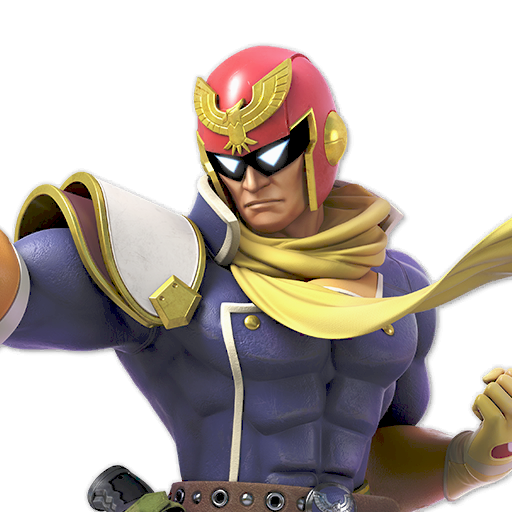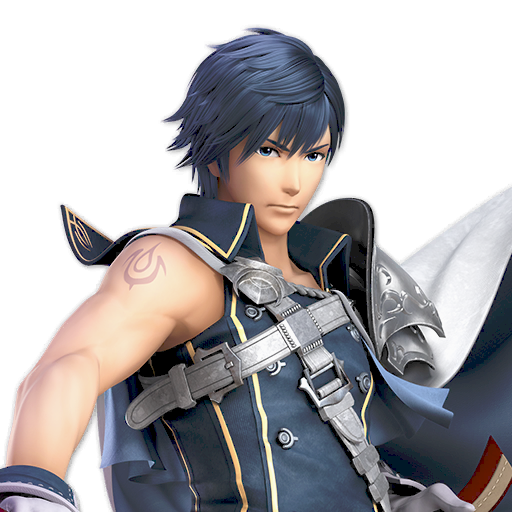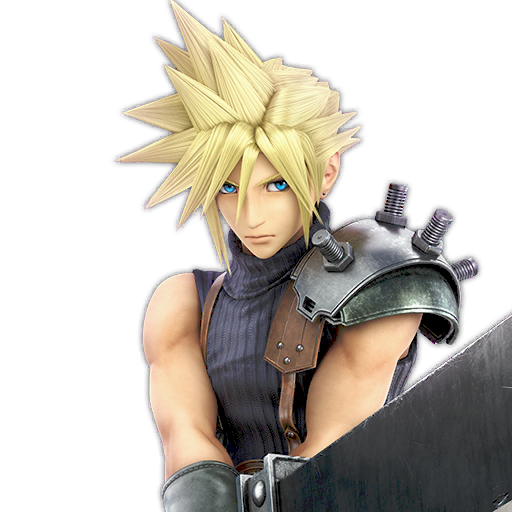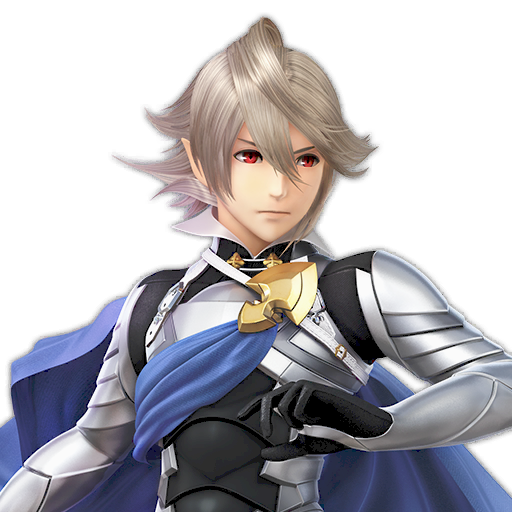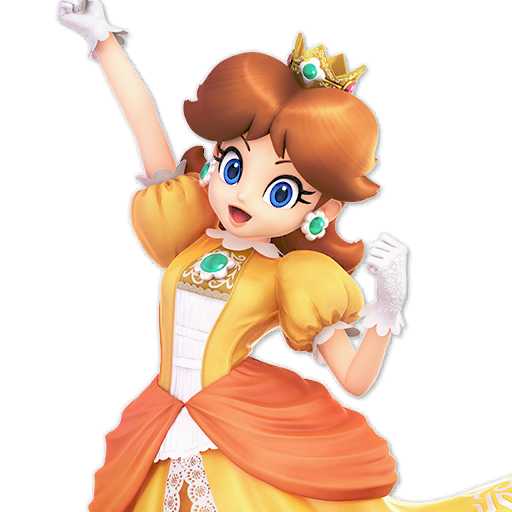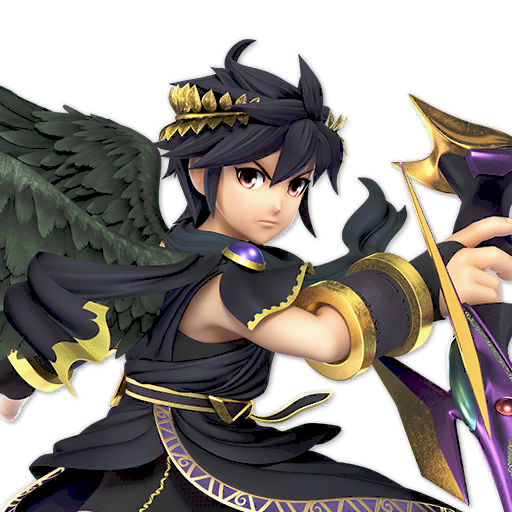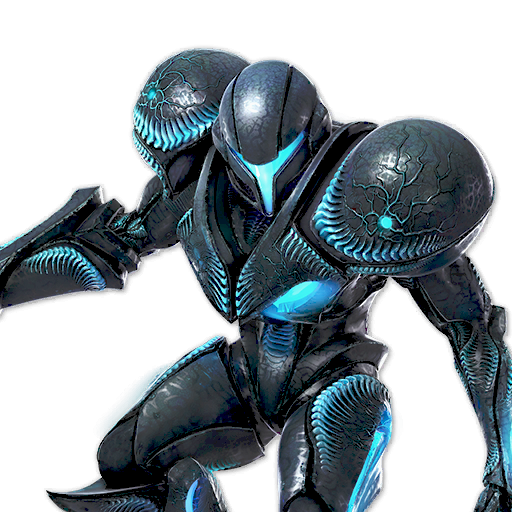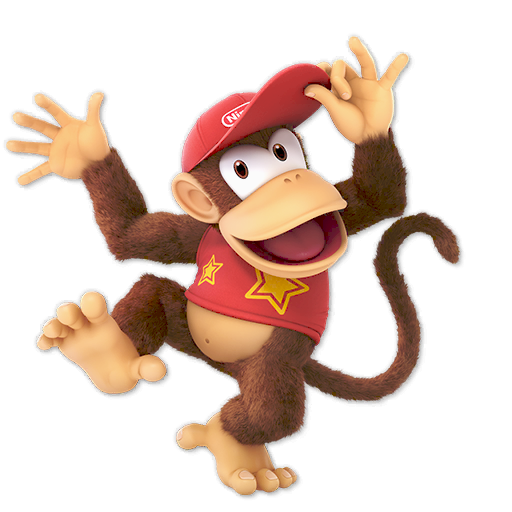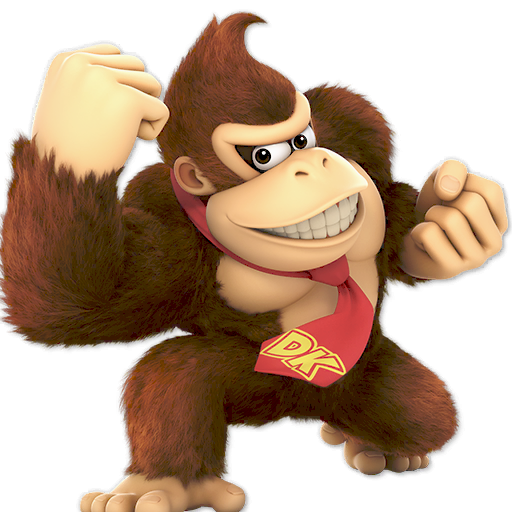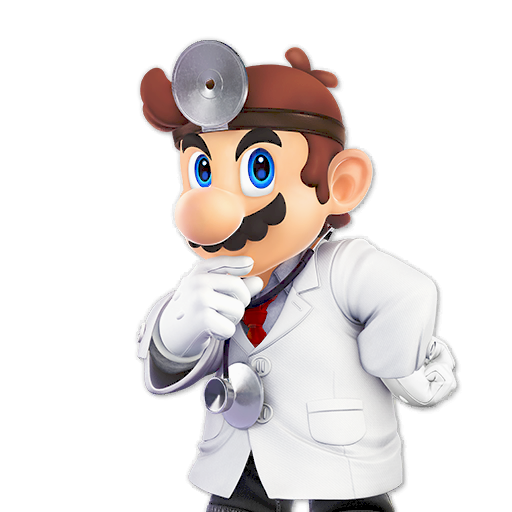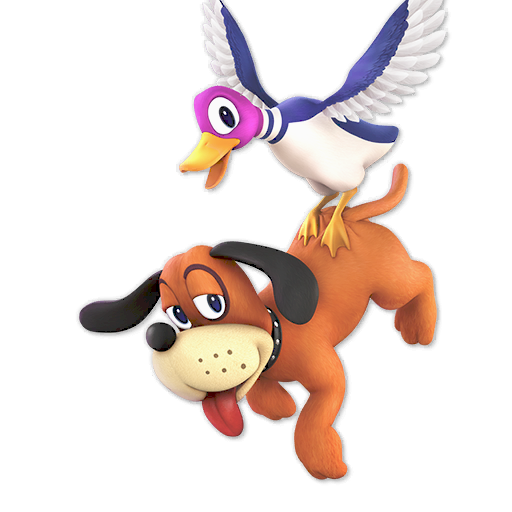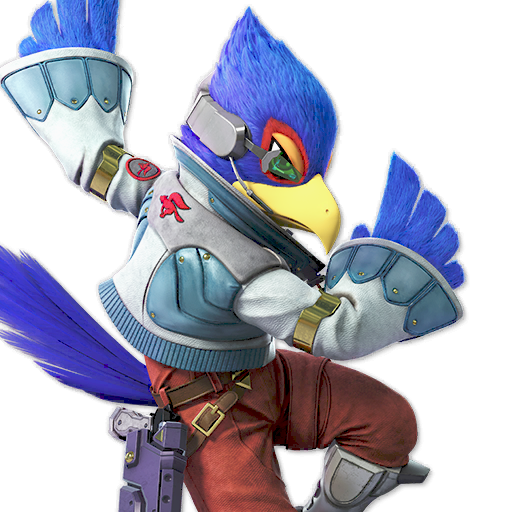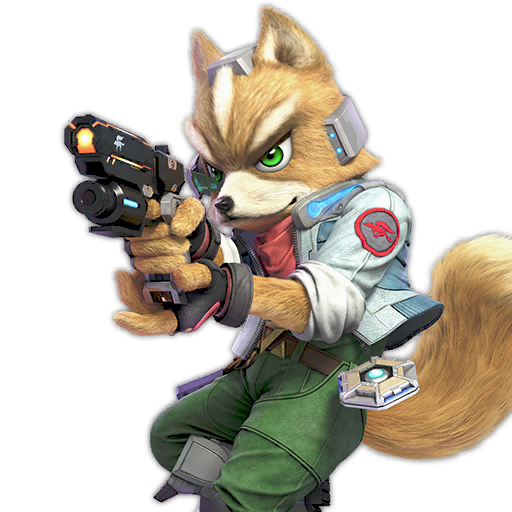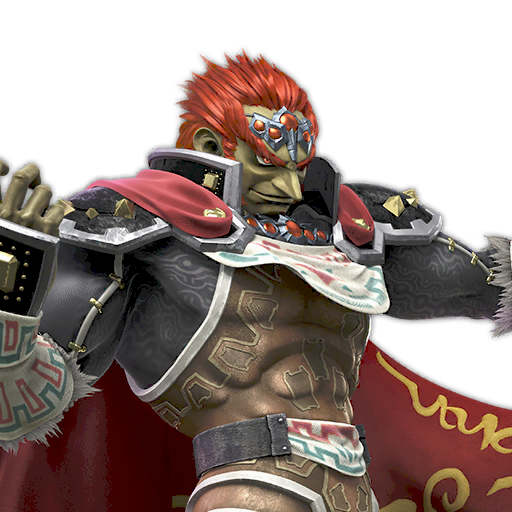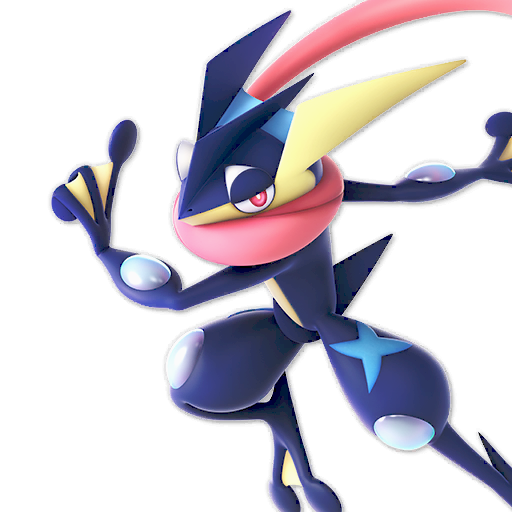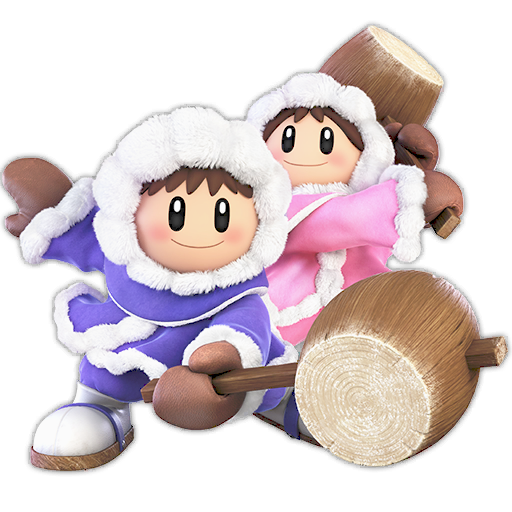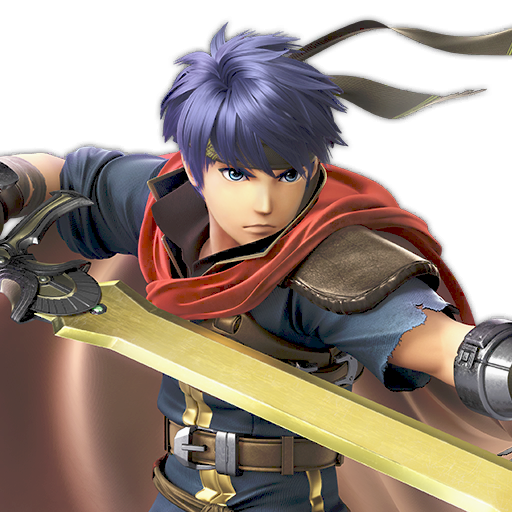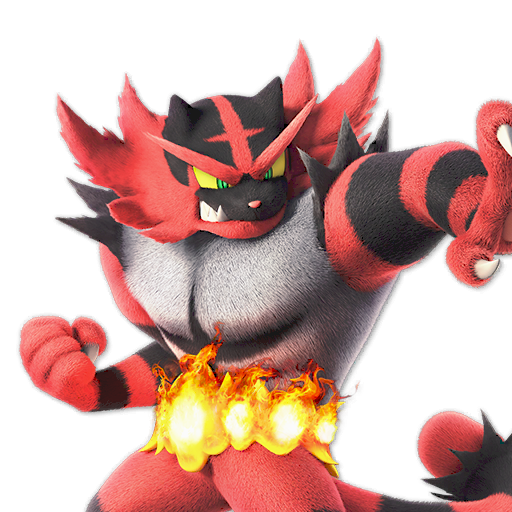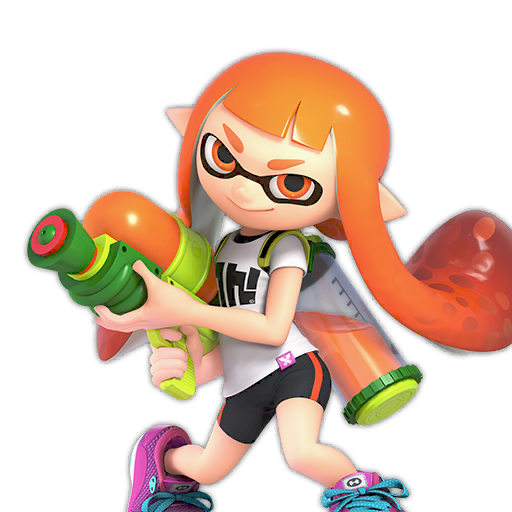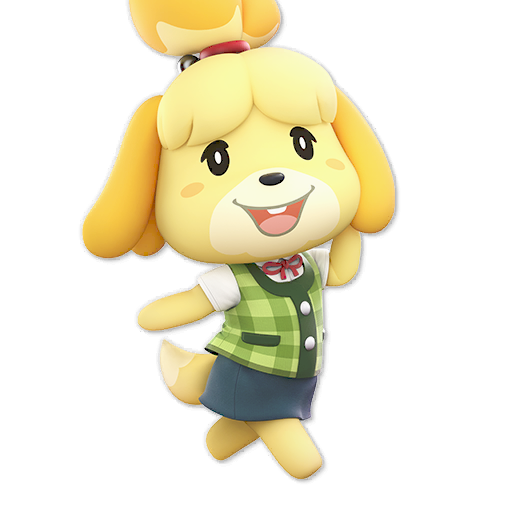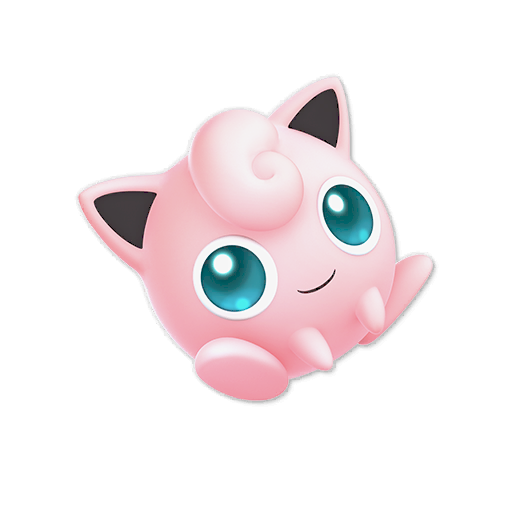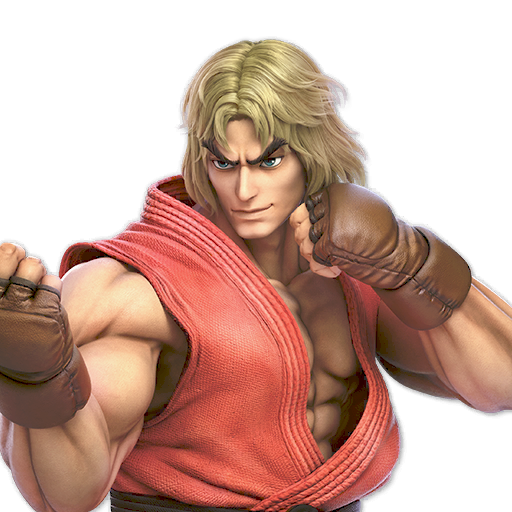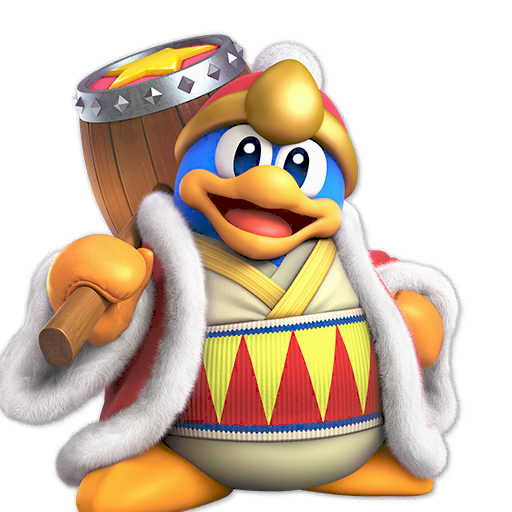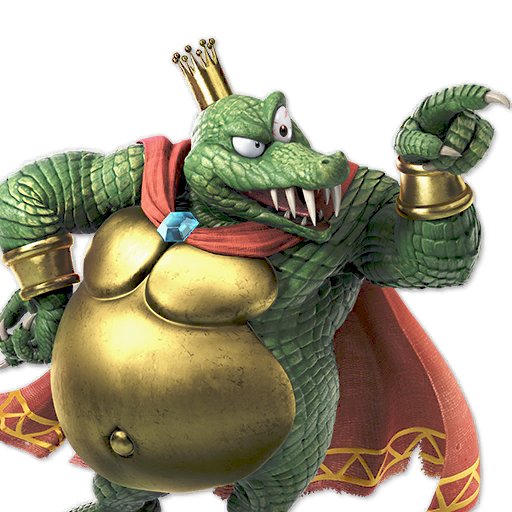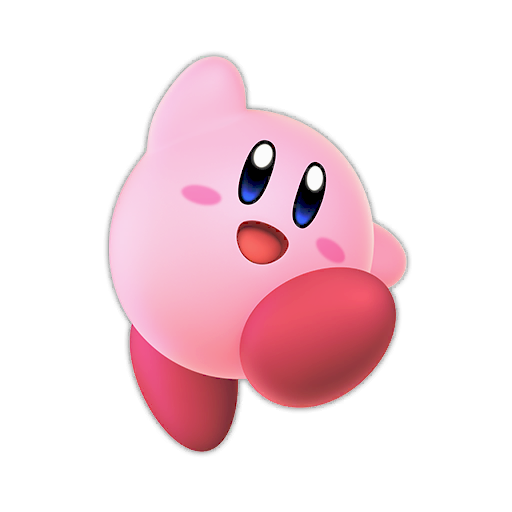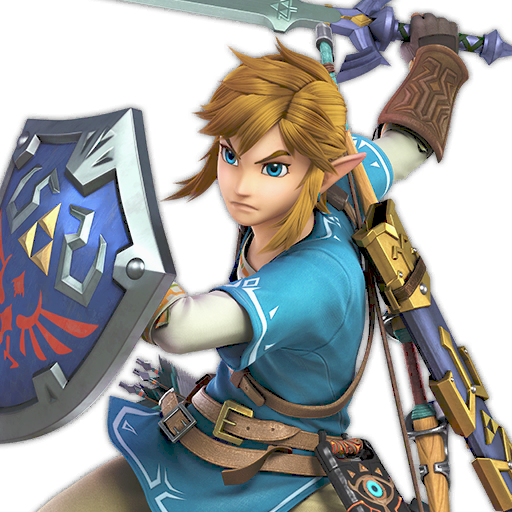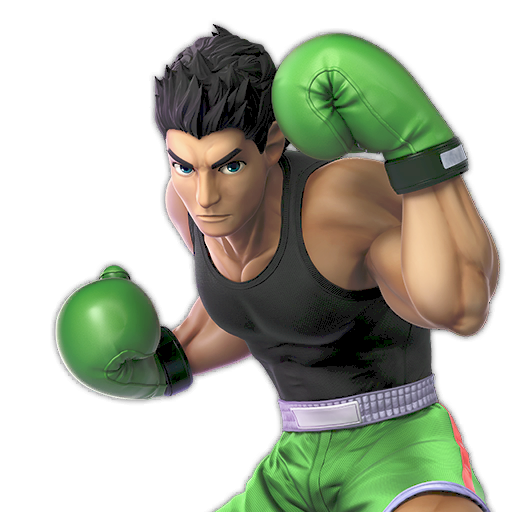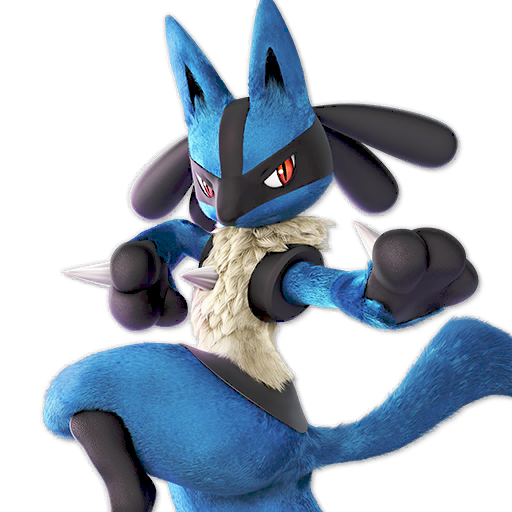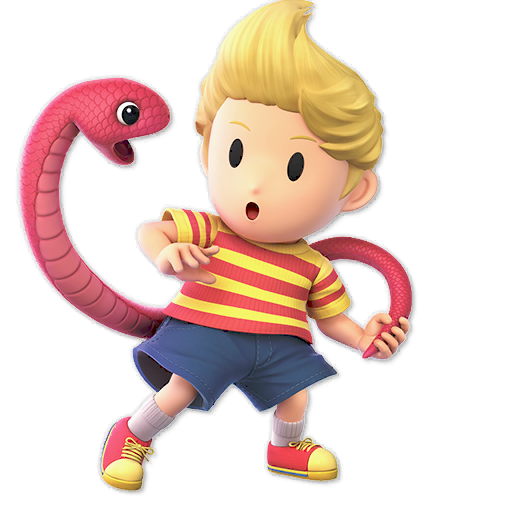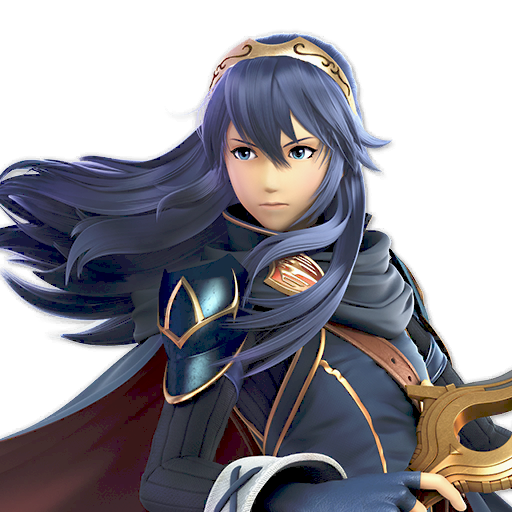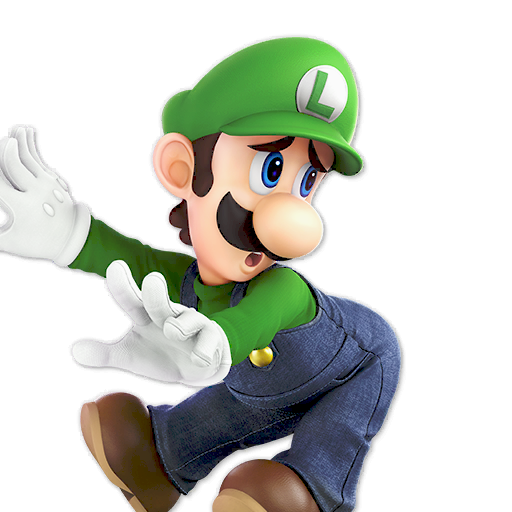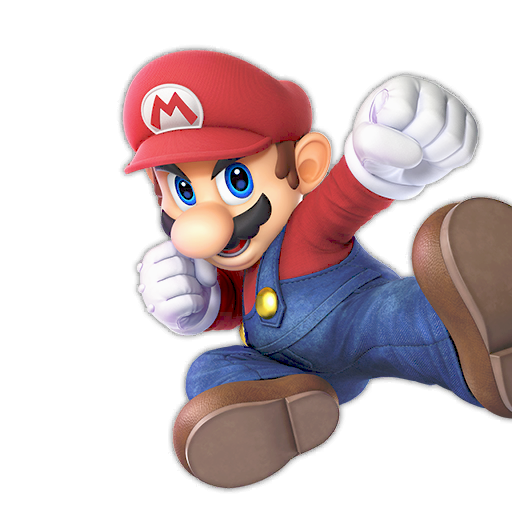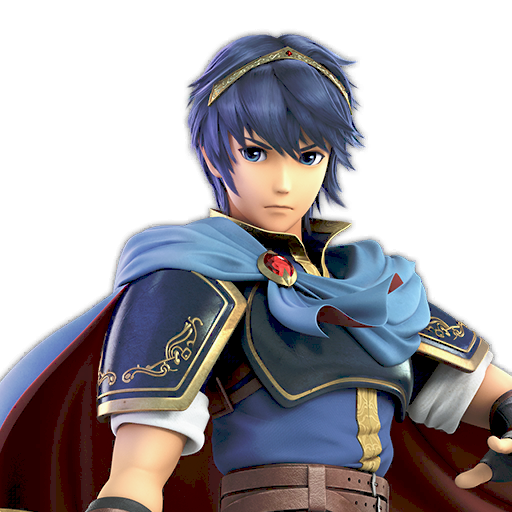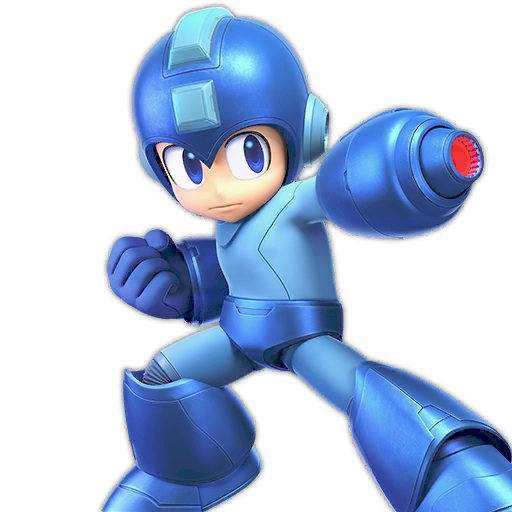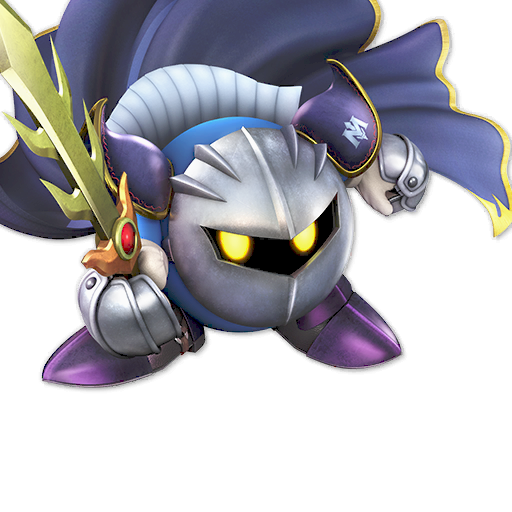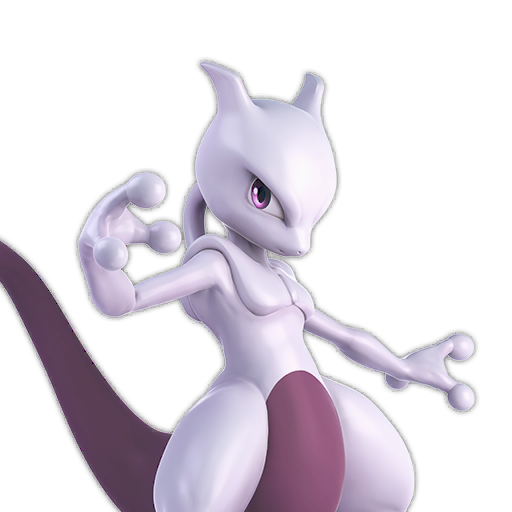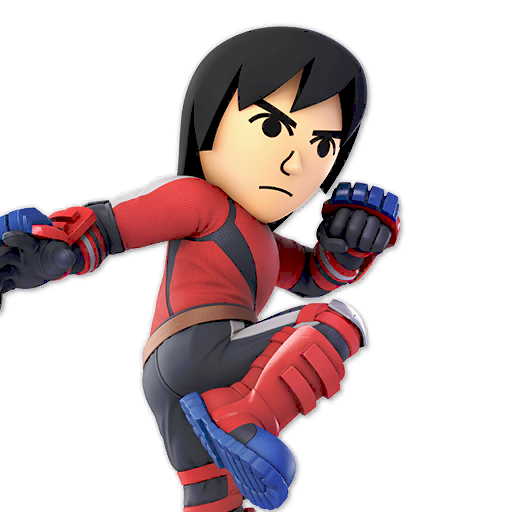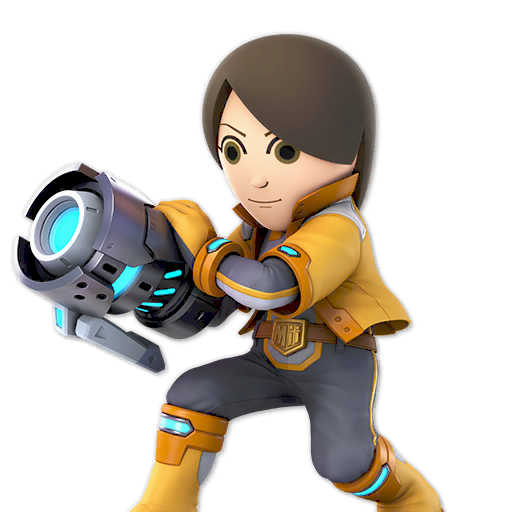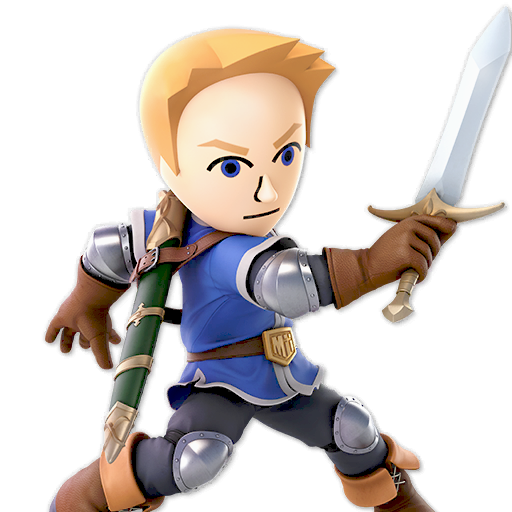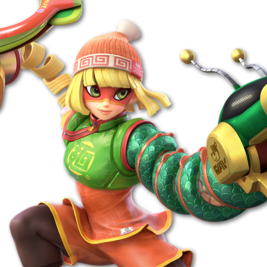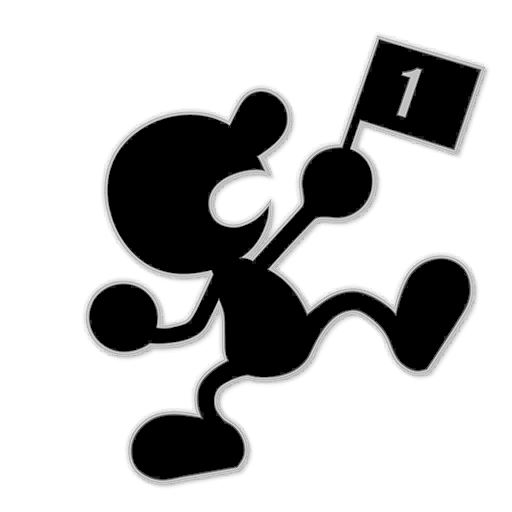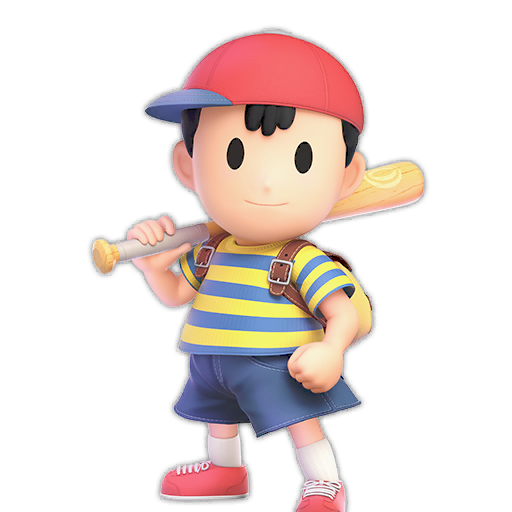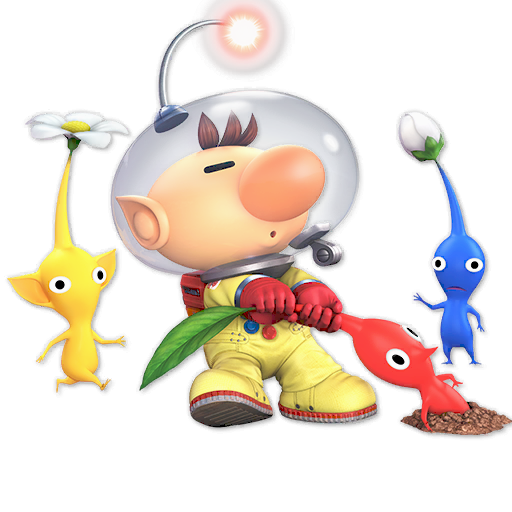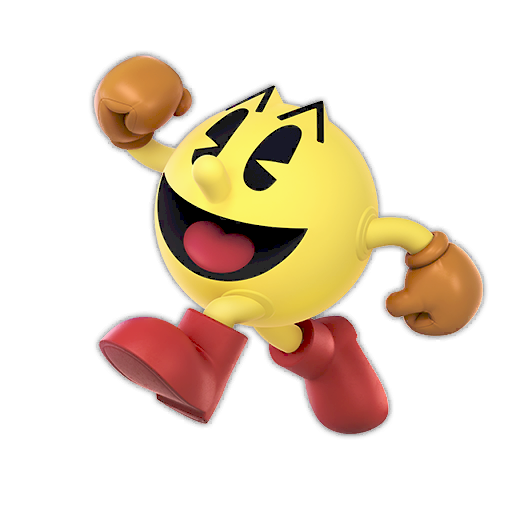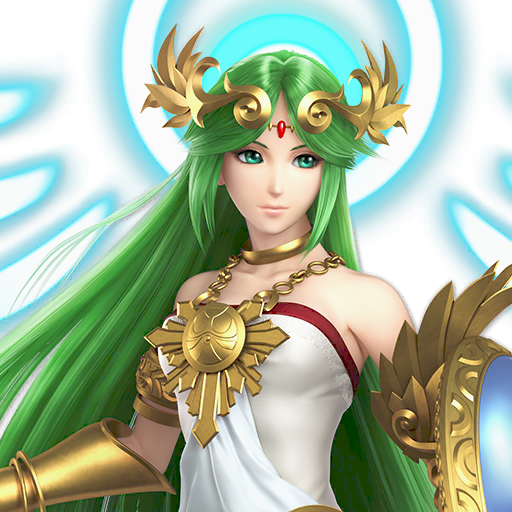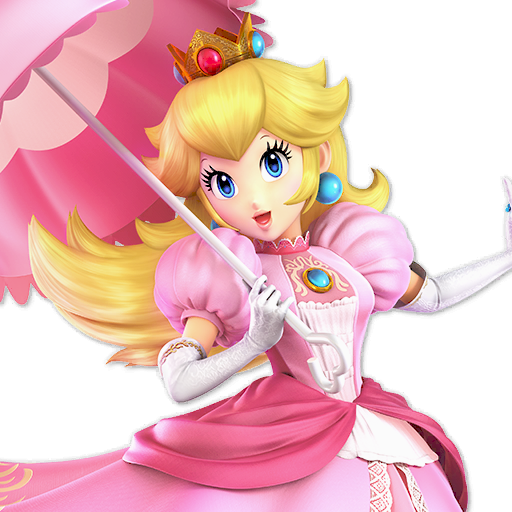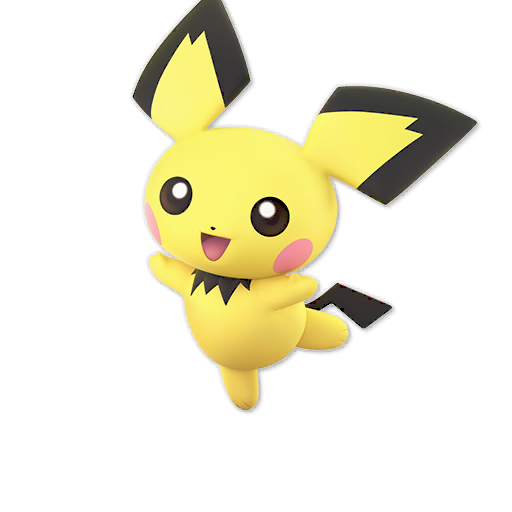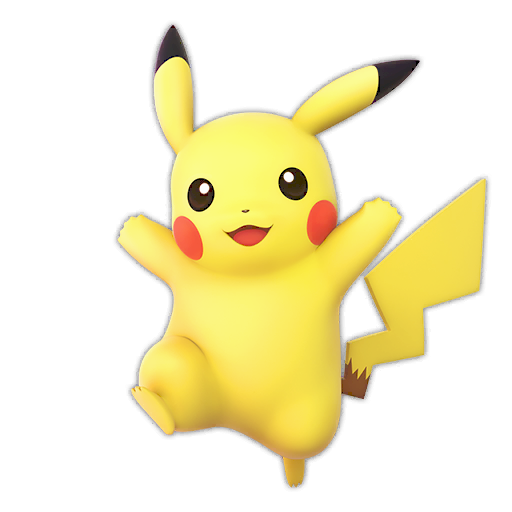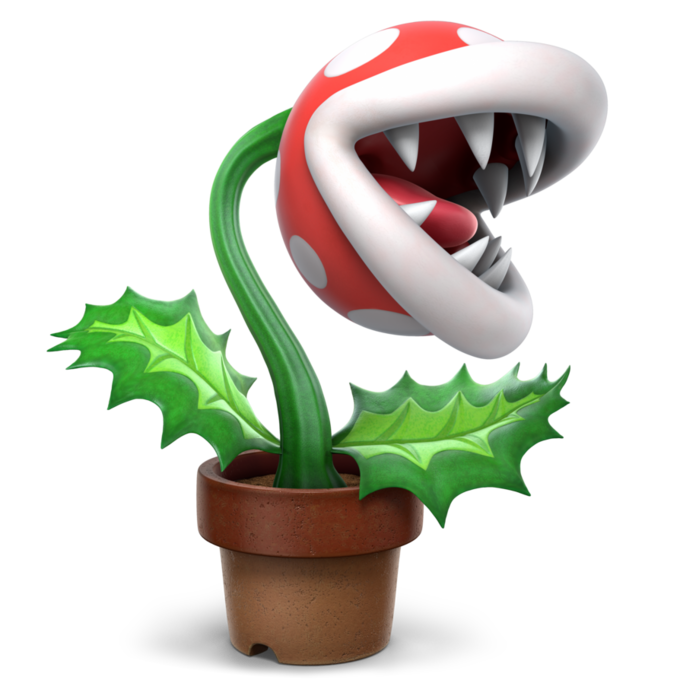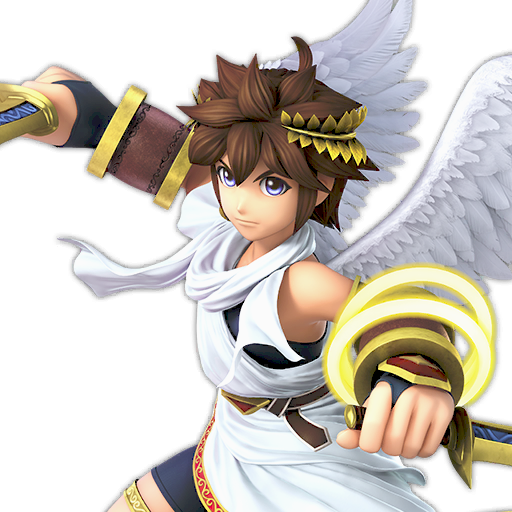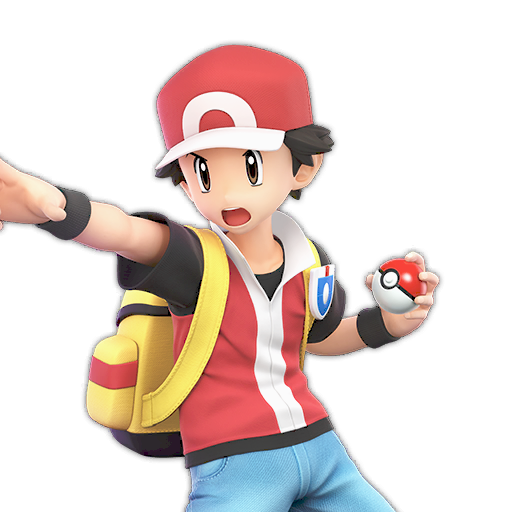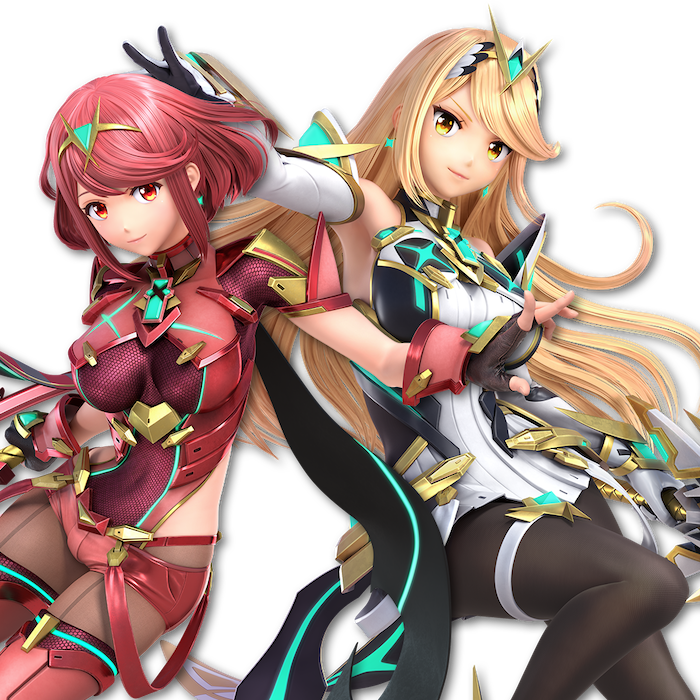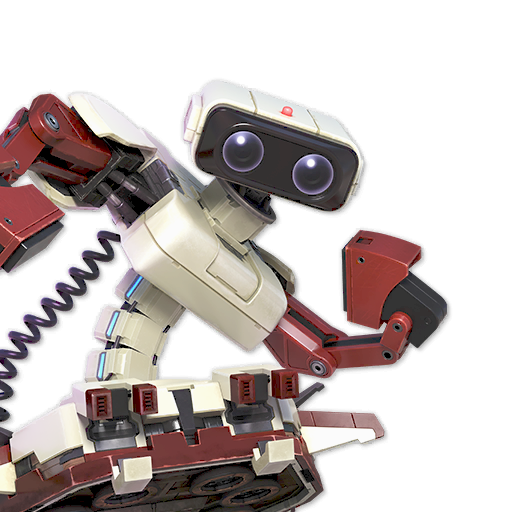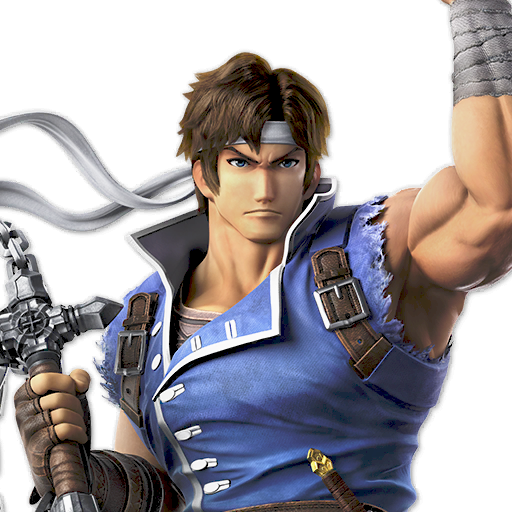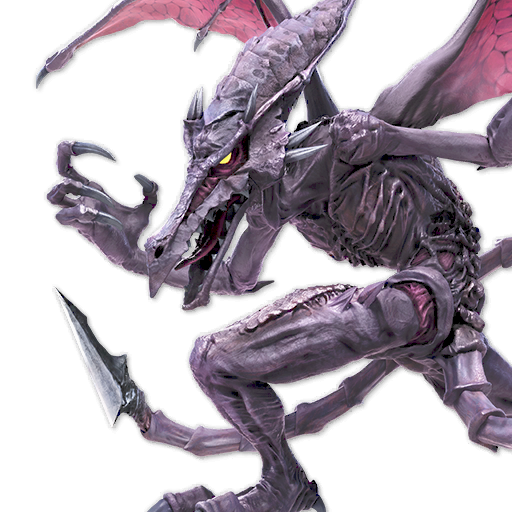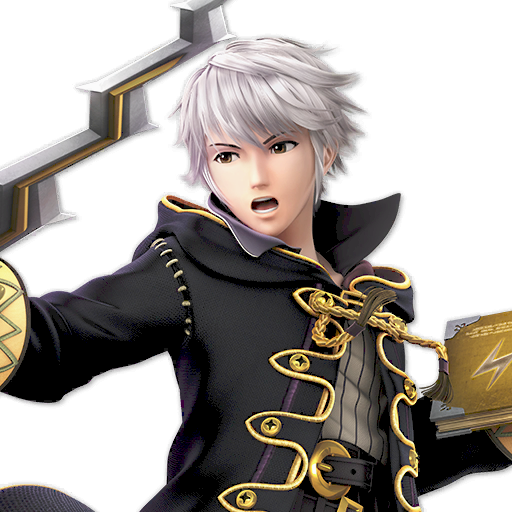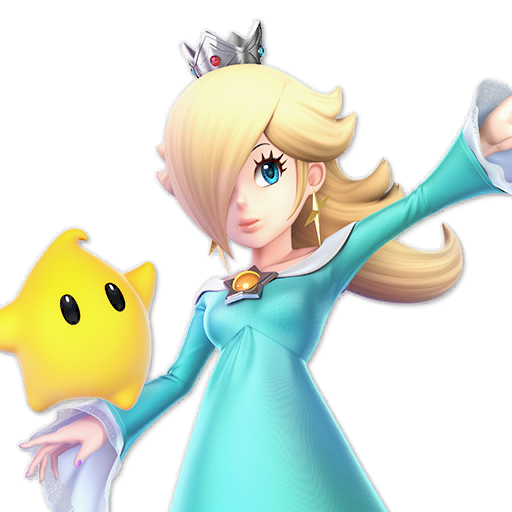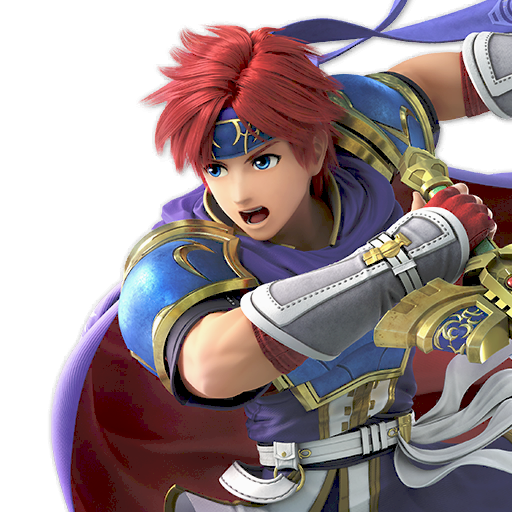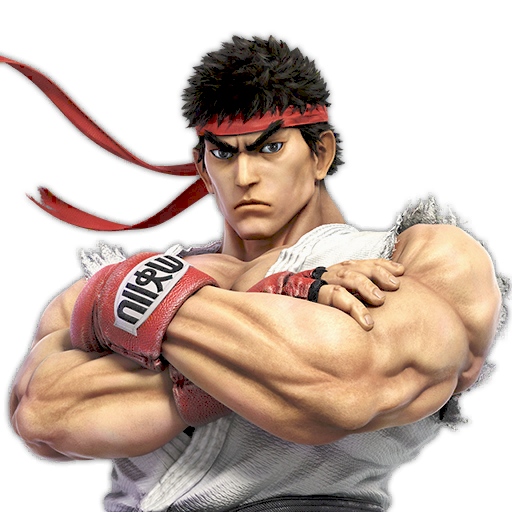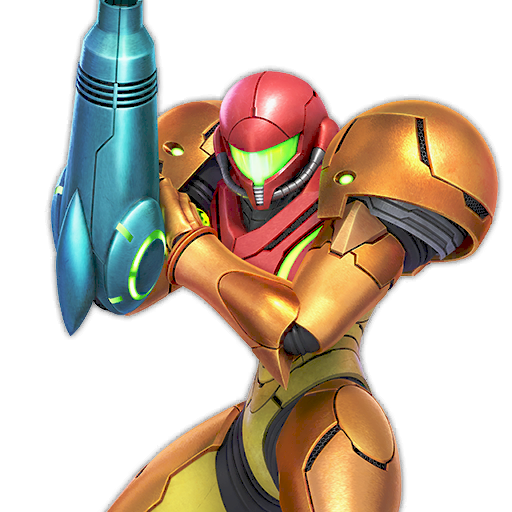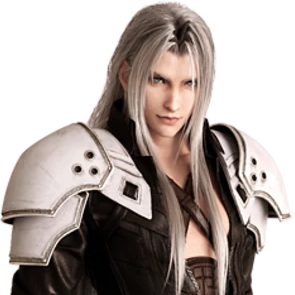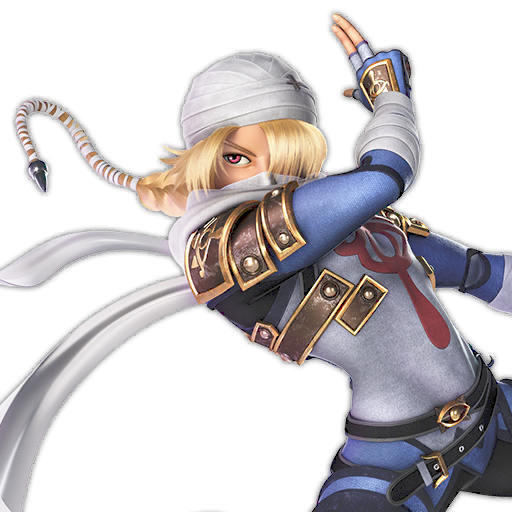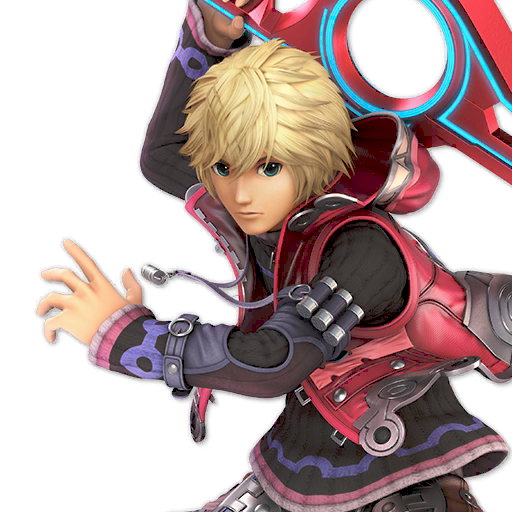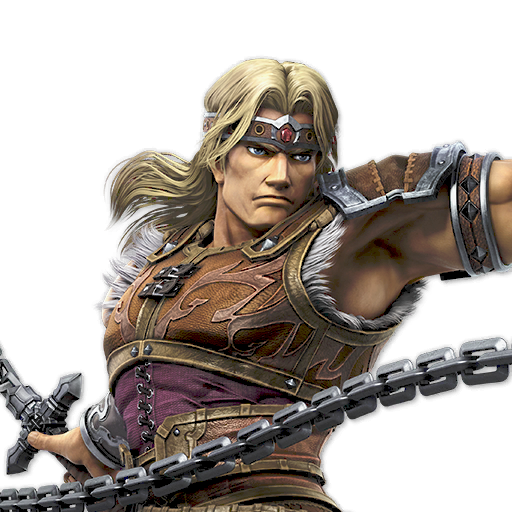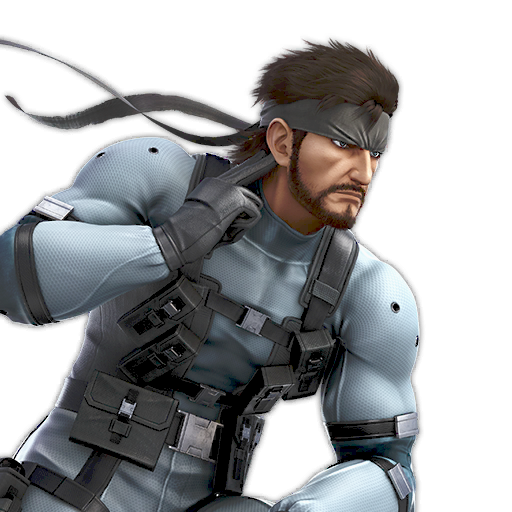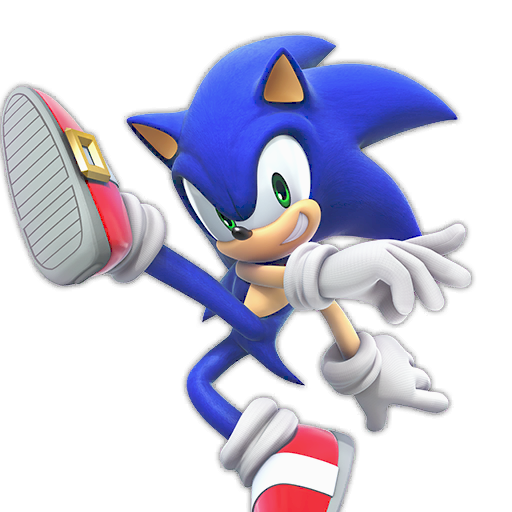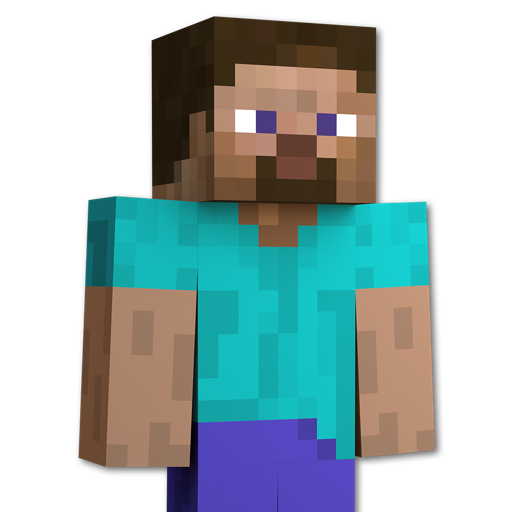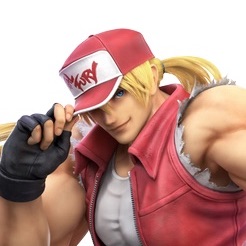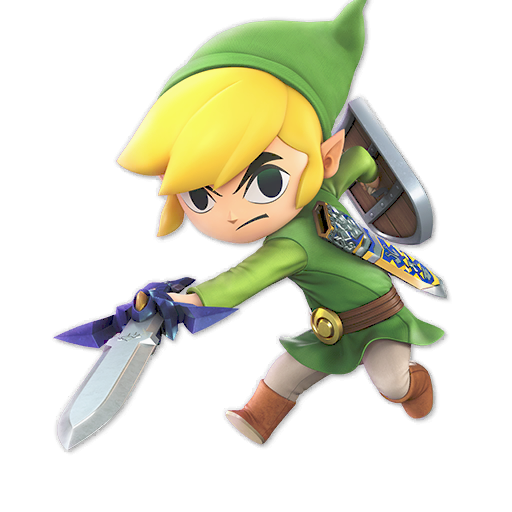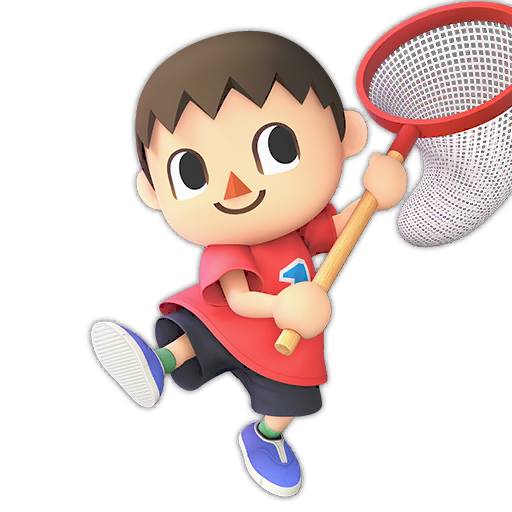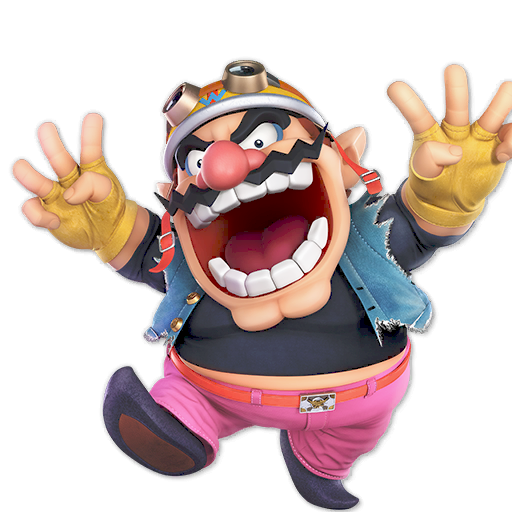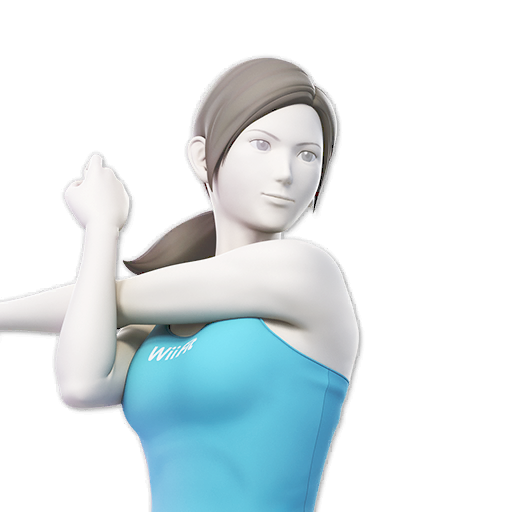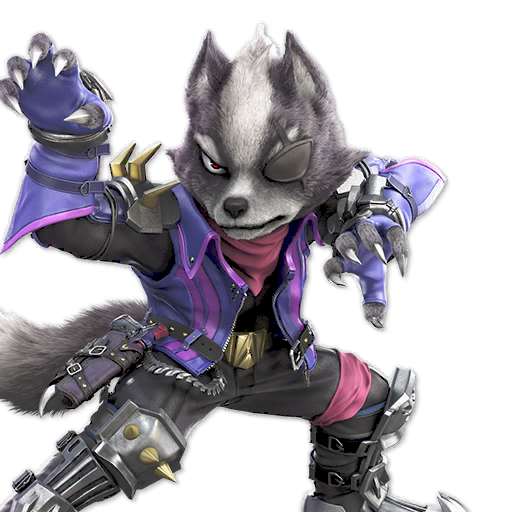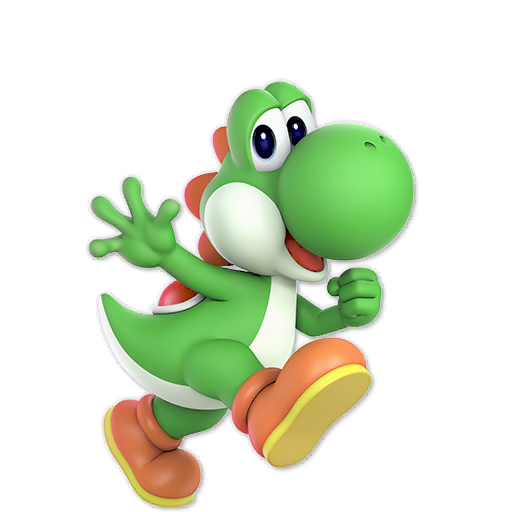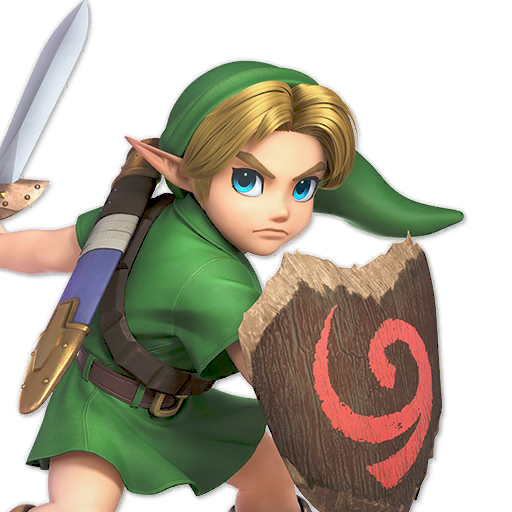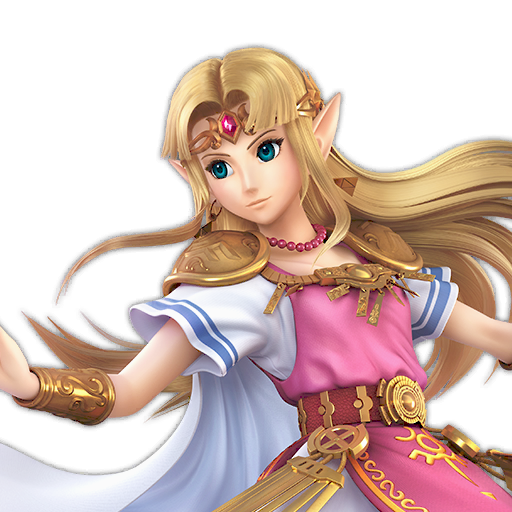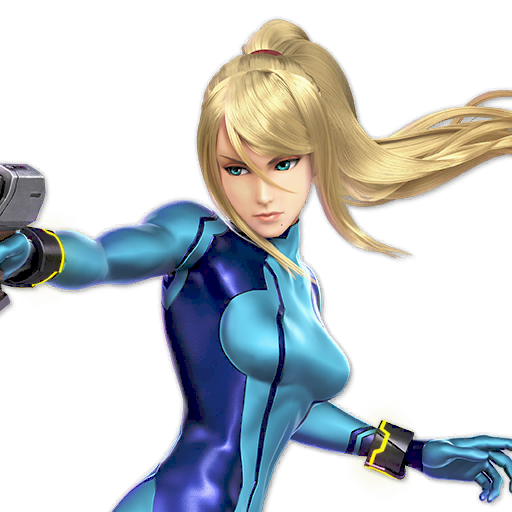The mentality behind a player in training
In Smash 4, training is a multi-layered process. What I mean by this is that it involves doing various different things in order to achieve the desired result, which is usually something along the lines of "getting stronger". There is physical training, which involves dedicating time to perfect the execution of techniques; what we know as muscle memory. The sole point of of physical training is to develop your muscle memory to the point where you can execute any technique you've practiced, anytime, anywhere, and without a single error. Of course, actually getting to the point where your executions are 100% flawless is close to impossible, so instead we settle for "near perfect" execution. Physical training can be assisted with the use of training regimens, or guides, which help the player know and understand what they need to practice.
There is also mental training, which itself can be divided into two categories: there is the "active mentality" and the "passive mentality" (I made these names up just now so they're not anything official but feel free to use them if you want). Active mentality refers to the player's ability to read the opponent, archive their reactions, understand situations as well as the intent behind the opponent' actions. Basically, anything regarding to using your brain during a match in order to improve your chances of winning. It's called "active" mentality because you have to actively think while playing in order to be able to do any of the things I listed. The passive mentality, meanwhile, is much more global compared to the active mentality's concentration on just one match. Passive mentality encompasses your mindset, how you feel regarding the game, winning, training, your opponent, and on the aspect of "getting better". While it may seem rather small, this mentality is in reality the MOST IMPORTANT one out of the three mentioned, since it is what determines how much you train, and how much you gain from your training. You may be tempted to jump right into the physical training, and get working on those combos, but I HIGHLY RECOMMEND that you take care of your passive mentality first.
Since I highlighted it so much, the first aspect I'll talk about will be the training of your passive mentality. This is something that requires time and self-reflection, so save a while for yourself sometime after reading this. What you're going to want to do is ask yourself key questions about your opinions regarding certain aspects of playing smash 4 competitively. Namely, ask yourself this:
"Why do I play?" "Do I really want to improve?" "Do I feel alright at the level that I'm at right now?" "What do I think of winning and losing?" "What do I do when I win/lose?" "Do I WANT to win?" "What is my goal?"
Make sure that you respond these questions with the truth, even if you don't like it. Some of these questions are rather ambiguous, while others have more clear-cut answers. I'll give an example by stating my answers to these questions, in order of course:
"I play to achieve a sense of competence, and to have a good time" "I want to improve as much as I can" "No, I know I can become much stronger than this" "Winning means my training has had results, losing means a learning experience and that I wasn't strong enough yet" "If I win, I'm happy, and I set a new goal for myself. If I lose, I take my frustration and use it to motivate myself to achieve my goal once again" "Yes, I want to win, but not as much as I should want to" ...and I don't really have a clear, final goal just yet.
As you can see, I have a decent passive mindset, but no goal yet, which is fine. I'm sure I'll find my goal along the road. Also, it's usually good if your answers would get lots of points in a "Do I have sportsmanship?" quiz. In any case, if you find that your mentality isn't really lining up with what it kinda should be, then you need to change that, pronto. In general, it's good to have a thirst for winning and for improving, but it shouldn't be so much that you're only fixated on winning; this detracts from your chances at getting stronger and doesn't help at all. You shouldn't view a loss as a waste, or as something from which nothing can be gained, because the reality is quite the opposite. From a loss, one can gleam very important information, such as one's bad habits and shortcomings, which themselves help to redirect said player as to what they should focus on improving more. You shouldn't feel complacent at the level of skill that you're at, since there is always room for improvement. Complacency is your enemy here: never stop aiming for the top (or wherever it is you're aiming). A thirst for victory, like I said before, can be dangerous if it's too much. However, wanting to win is also natural, and what moves people to train; because through winning, you can achieve what you can't by losing, and it provides a stepping stone for your goals.
Speaking of goals, and reasons for playing, they can actually be pretty much anything. I asked you to think about them so that you can identify them, which helps to cement your motivations, which in turn assists in your training. Before, I said that this is the most important aspect that you should train. The reason behind that is because, if someone thought that they were going to lose before the match even starts (like when they saw that they're up against a PR'd player in their region), then they practically sealed their fate before touching their controller. Your mindset decides what options you take during a match, how well your active mentality works, and especially, your motivation. Thus, making sure your good to go in this area is of utmost importance.
Active mentality comes next. It doesn't require as much self-reflection or alone time as passive mentality does, but it does ask for much more time. Having a good active mentality means being able to purposely create a scenario during a match, observing your opponent's reaction to it, recording it, and taking advantage of it. It's how well a player can use their mind while playing the neutral, and maximizing the effectiveness of their punishes with the data gathered. Of course, you're not the only one doing these things; your opponent is also attempting to gather information on you as the match carries on. Hence, the neutral becomes something of a chess game, where both players use what info they have on the other to attempt reads and punishes, trading blow for blow, with one eventually succumbing to the other.
Now, you may be asking yourself, "How am I supposed to practice that?" Well, the thing with active mentality is that it's something you train over time, and it grows stronger with experience. "But I've played since melee days and I still don't know what my opponent is trying to do!" That's the thing. While it is true that it improves over time, it's also something you have to actively be trying to do. Basically, it doesn't matter how long you've played if you never thought while playing. Trust me, I thought those same things once. Heck, I only started playing competitive smash around September of 2016. Anyway, you're gonna want to start thinking while playing, pronto. During friendlies, ask yourself "why?" every time you see yourself and the opponent do something. At first it'll be slow, and you'll likely lose when you think you should've won. But eventually it'll come naturally to you, and your level of skill will rise. If you ever wonder why top players are, well, "top", it's because they're able to quickly and efficiently pick up on their opponent's habits and punish accordingly, without having that process get in the way of their executions. THAT'S the level of mental play you want to achieve; or maybe even more than that. It's up to you. But you have to get this down pat if you want to get into high level of play.
That covers mental training. Now, we have the main event: physical training (I hope you didn't scroll past the mental training part just to get here. Seriously, if you did, then you aren't going to improve very much at all). As I said before, physical training develops muscle memory, which is the ability to be able to pull off techniques when they are required. They are required when you achieve a successful read on the opponent thanks to the information you gathered, through active thinking. Training this is much more straightforward compared to training your mentality, but it's just as time-dependent.
First off, when it comes to physical training, patience is key. Since training is, by nature, a slow process, showing little to no results after a short period of time is to be expected. So don't get down if you can't master perfect pivots in a week. It's natural, and with a bit of patience results will show.
However, patience by itself is hardly enough. It must be accompanied by dedication in order for training to be fruitful. Successfully training over an extended period of time will basically guarantee results. However, some might find it to be hard to go on after a week or two. Thus it's imperative that you understand the importance of your daily training, that every day is a step closer, so that when the going gets tough, you keep on working.
In order to help your progress, especially when progress is slow, it helps to remind yourself of your goals. Now, I don't mean your be-all-end-all goal, I mean making up small, short term goals that give you something tangible to aim for. For example, your goal could be to learn a certain combo, or to beat certain player at your local. Things you can achieve relatively quickly, that aren't too difficult to do but still provide some challenge. This way, you set yourself up for small "wins", which give you little boosts in confidence and motivation. If you don't do this, then you're prone to burning out, since you'll feel like you haven't achieved anything in a long time.
Another important thing to keep in mind while training is to remember that what you're doing is playing a game. No matter how many majors a year smash 4 has, it's still a video game meant to be enjoyed. So try to enjoy yourself while you train. Some people enjoy training with a regimen, while others require more creative methods, such as a circuit. So if you're ever feeling bored while training, mix it up a bit. Try combining different techniques as you practice them. See what you can do.
HOWEVER. I mentioned this before, but I'll say it again. Don't get complacent. Don't go easy on yourself. Rather, be hard on yourself. When you train, don't consider a technique "practiced for the day" unless you executed it perfectly each time. When you play, always think "I can do better. I WILL do better for next time". This is something that many players lack, be they newcomers or veterans. So make sure that you don't go easy on yourself when training. Otherwise, your training won't be as effective, and your play won't improve as fast as you'd like.
I think I went slightly overboard, but I did cover everything I wanted to. I recommend coming back to read this again after a while, maybe even tomorrow, just to make sure you understood everything, since it's very hard to process this much information at once. In any case, I hope this helps you in the road to greatness. I'll leave you with one final quote:
"You should enjoy the little detours. To the fullest. Because that's where you'll find the things more important than what you want."
(props if you know where it comes from)
This blog post was written by a SSB World community member. Share your Smash 4 knowledge by creating your own blog post now.
Share your feedback:
You must log in to comment.

